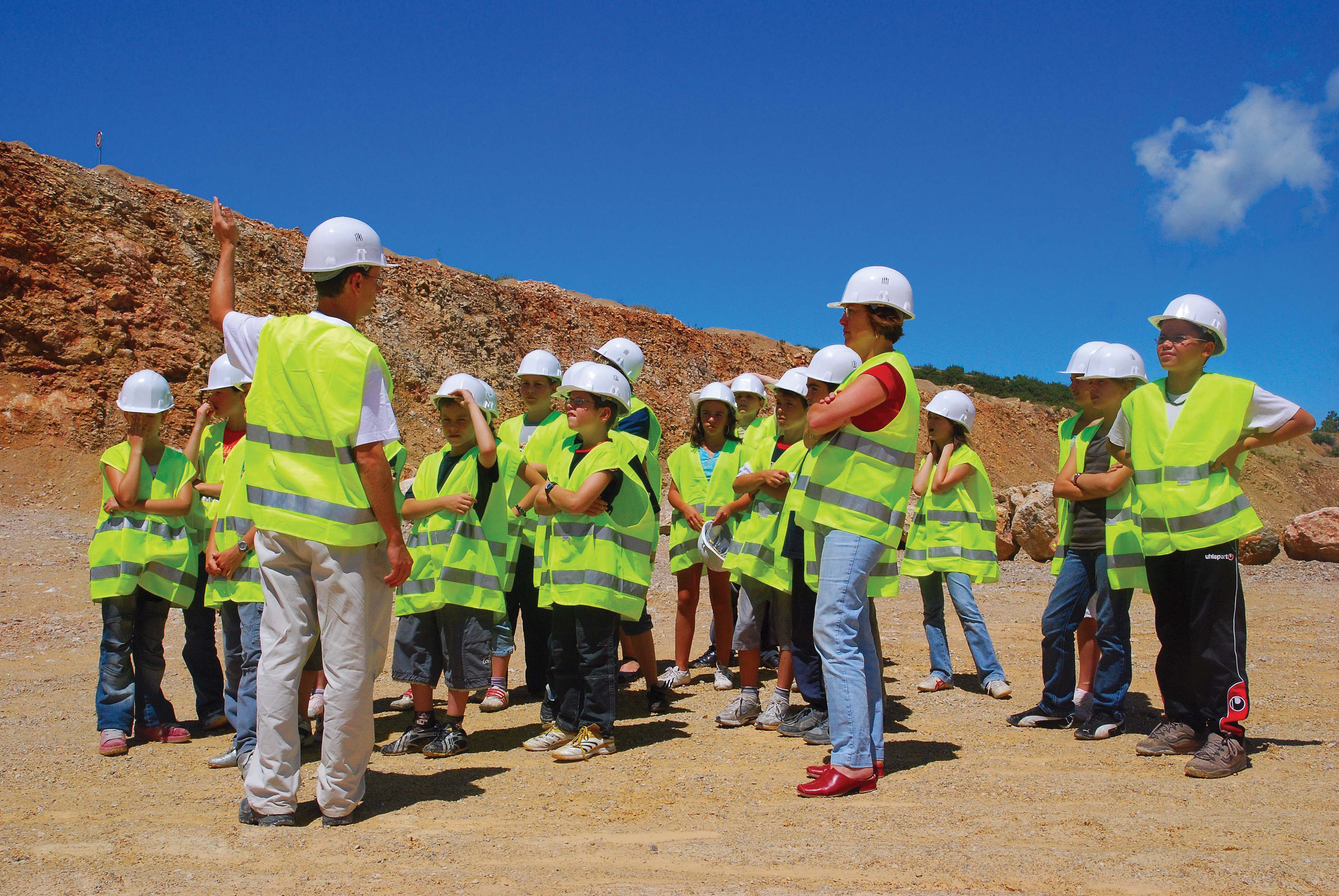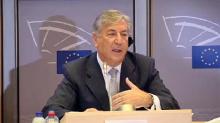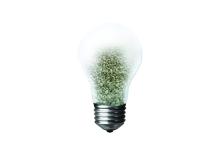
2014 is a year of change starting with the Greek EU Presidency; the EU Commission 2014 work programme; the EU elections and the Italian EU Presidency during the second half of 2014.
EU Presidencies in 2014
The Greek EU Presidency started on 1 January. It is the fifth time that Greece will hold the EU Presidency since its accession to the EU in 1981.
In these challenging economic times, priorities of
the Greek EU Presidency will focus on:
• Growth, jobs and cohesion;
• Further integration of EU and Eurozone area;
• Migration, borders and mobility;
• Maritime policies.
In addition, work will be made on the promotion of the regulation proposal for combating alien invasive species and the package of non-legislative proposals on air quality (presented on 18 December 2013).
Greece will then hand over the EU Presidency’s reins to Italy on 1 July 2014.
In this respect, UEPG (
It also provides advisory support to its national Members and seeks to further improve the industry Image. The industry has been significantly impacted by the economic crisis in the last five years and therefore urges political measures to stimulate sustainable growth.
EU elections 2014
On 22-25 May, all 28 EU Member States will hold elections for the
The Parliament voted on 14 March 2013 to adjust the number of MEPs in order to comply with the Lisbon Treaty. The treaty sets a maximum size for the Parliament of 751 MEPs after the 2014 elections, representing 503.7 million habitants, with no country allowed more than 96 MEPs.
The MEPs will then elect the President of the European Parliament and of the
The President of the European Parliament is elected for a renewable term of two and a half years, half a parliamentary term.
Europe’s main political parties will put up candidates for the post of President of the European Commission as part of their manifestos for EU elections to the European Parliament. The current Commission’s term of office runs until 31 October 2014, and its President is José Manuel Barroso from Portugal.
A new team of currently 27 Commissioners (one from each EU Member State) is appointed every five years. The President-elect chooses the Commissioners (and their policy area) from candidates put forward by EU Member States. The list of Commissioners is then submitted for approval (by qualified majority) first to the EU Council, then to Parliament. If Parliament approves, the new Commission is officially appointed by the Council.
UEPG will renew its EU network and inform new MEPs and Commissioners about the achievements and difficulties of the European aggregates industry. This includes key objectives towards a sustainable, smart growth and local access to resources in our sector.
UEPG’s vision is a sustainable industry for a sustainable Europe. Its mission is to be the industry champion and a trusted partner. Its core values are to be open, transparent and honest. Its objectives include European economic recovery; excellence in social, health and safety; and responsibility in environmental as well as in biodiversity stewardship.
The European aggregates industry is by far the largest non-energy extractive industry sector.
Some 3 billion tonnes of aggregates such as crushed stone, sand and gravel, are produced annually by 15,000 companies (mostly SMEs) at 26,000 quarries and pits across Europe, employing 238,000 people directly and indirectly. It is committed to resource efficiency, the main industry focus being sustainable access to local resources.







